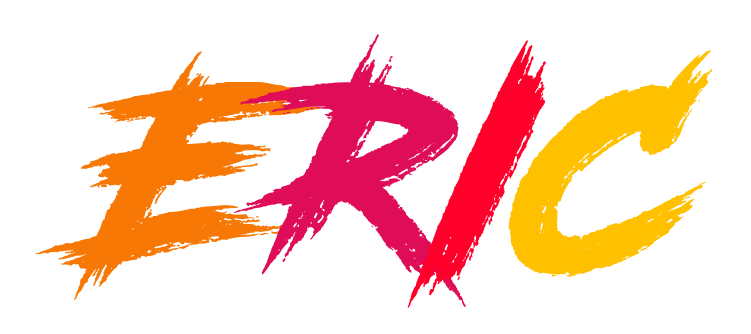
World Radio Day
On February 13th, radio stations around the world celebrate World Radio Day. This day focuses on the power of radio in helping us to stay connected, share stories, and promote understanding. With radio's reach across continents and its ability to connect communities across borders, World Radio Day is an important event for celebrating how far this form of media has come since its invention.
History of Radio
The first practical demonstration of a broadcast system took place in 1895 when Guglielmo Marconi sent a signal over one and a half miles from his lab in London to a kite held aloft by an assistant. In 1906, Reginald Fessenden successfully broadcasted speech and music over the airwaves. By 1920 there were more than 500 broadcasting stations operating in the United States alone.
In 1946, UNESCO created World Radio Day to celebrate the power of broadcasting that had been demonstrated during World War II by governments, broadcasters, and citizens alike. The day was officially recognized by the United Nations General Assembly in 2011 as an opportunity for radio stations around the world to celebrate their diversity and share ideas on how best to use this medium for international communication.
Radio Today
Today there are more than 50 thousand active radio stations worldwide with many countries having dozens or even hundreds of local stations. And with satellite radio now available, it is possible to listen to broadcasts from anywhere in the world without needing expensive equipment or technical expertise. This allows people from all walks of life to access news, entertainment, education, and other information from any corner of the globe!
Careers in Radio
DJ or radio host - this is a person who introduces and plays music on the radio, and may also conduct interviews, give news and weather updates, and interact with listeners.
News reporter or anchor - this is a person who gathers and reports on local, national, or international news for a radio station.
Radio producer - this person is responsible for the overall sound and content of a radio program, and may be involved in writing scripts, booking guests, and coordinating sound effects and music.
Engineer - this is a person who is responsible for maintaining and operating the technical equipment used in a radio station, such as transmitters, mixing consoles, and studio equipment.
Salesperson - this person sells advertising time on the radio station to local businesses and organizations.
Music director - this person selects the music played on a radio station and ensures that the station's playlist is diverse and appealing to its target audience.
Program director - this person is responsible for the overall content and direction of a radio station, and works closely with the DJ, producers, and sales team to ensure that the station is successful.
Traffic coordinator - this person is responsible for scheduling commercial breaks and making sure that the station runs smoothly from a logistical perspective.
How to get into radio
Getting into the radio industry can vary depending on the specific role you're interested in pursuing, but here are some general steps that can help:Gain experience and build your portfolio - This can be done through volunteering at a local radio station, starting a podcast, or creating audio content for other outlets. The more experience you have, the better your chances of getting hired in the industry.
Network - Attend industry events, join professional organisations, and make connections with people who already work in the radio industry. This can help you learn about job openings and make valuable connections that can assist you in your job search.
Get a degree in a relevant field - While it is not necessarily required to have a formal education to work in the radio industry, obtaining a degree in broadcasting, journalism, or a related field can give you a competitive edge.
Internships - Many radio stations offer internships, which can give you hands-on experience in the industry and help you develop valuable skills and relationships.
Develop a strong online presence - This can include creating a professional website or blog, using social media to promote your work and connect with others in the industry, and building an online portfolio of your audio work.
Be persistent - Breaking into the radio industry can be challenging, but persistence and a willingness to work hard can pay off. Keep building your skills and making connections, and eventually, you may get your foot in the door.
Radio continues to be one of our most powerful means of communication today and World Radio Day offers us an opportunity to reflect on its impact on our lives. From connecting people across oceans with stories and music to delivering emergency information during times of crisis - radio has proven time and time again that it can be used as a tool for good!
So take some time out this February 13th (or any day) to show your appreciation for this amazing medium - turn up your speakers loud and enjoy! Happy World Radio Day!
Want to discover more resources? Download ERIC, the ultimate career discovery app connecting young people to internships, apprenticeships, events, courses and upskilling opportunities across the creative industries.



